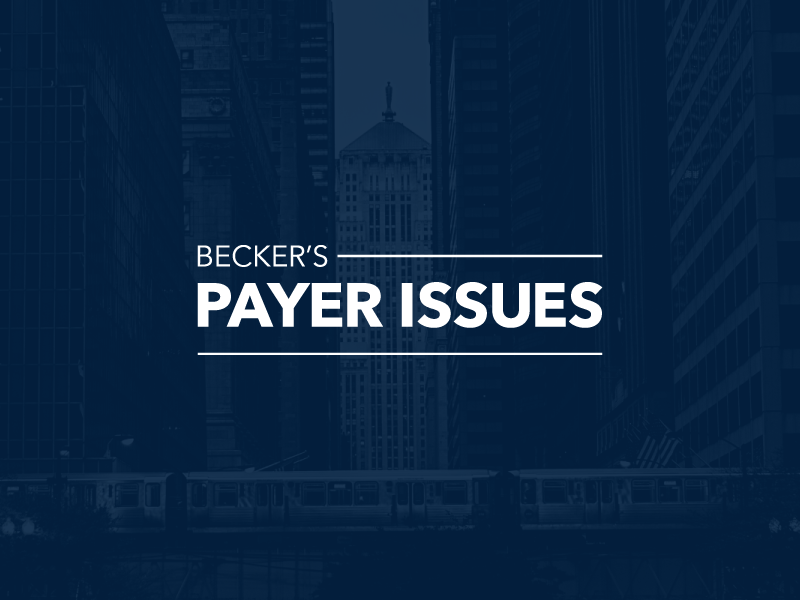In 2024, Medicare Advantage plans must provide coverage for an inpatient admission when the admitting physician expects the patient to require hospital care for at least two midnights, otherwise known as the two-midnight rule.
"MA plans do not have to follow the 'two-midnight presumption,' which relates to medical review instructions within traditional Medicare.
UnitedHealthcare issued its own two-midnight guidance in January, noting that MA plans may "adopt internal coverage criteria when the applicable coverage criteria in original Medicare laws, national coverage determinations and local coverage determinations are not fully established." CMS allows UnitedHealth to use InterQual criteria to assist in creating internal coverage criteria.
"If you look at data from the last couple of years, there's a broad disparity between denials from MA plans versus fee-for-service. Those denials from fee-for-service are just turning a lot of inpatient days into observation days.

 www.beckerspayer.com
www.beckerspayer.com
"MA plans do not have to follow the 'two-midnight presumption,' which relates to medical review instructions within traditional Medicare.
UnitedHealthcare issued its own two-midnight guidance in January, noting that MA plans may "adopt internal coverage criteria when the applicable coverage criteria in original Medicare laws, national coverage determinations and local coverage determinations are not fully established." CMS allows UnitedHealth to use InterQual criteria to assist in creating internal coverage criteria.
"If you look at data from the last couple of years, there's a broad disparity between denials from MA plans versus fee-for-service. Those denials from fee-for-service are just turning a lot of inpatient days into observation days.

The two-midnight rule and Medicare Advantage: 7 updates
"Learn about the upcoming changes to Medicare Advantage plans in 2024, including the two-midnight rule and its impact on inpatient admissions. Get insights from
